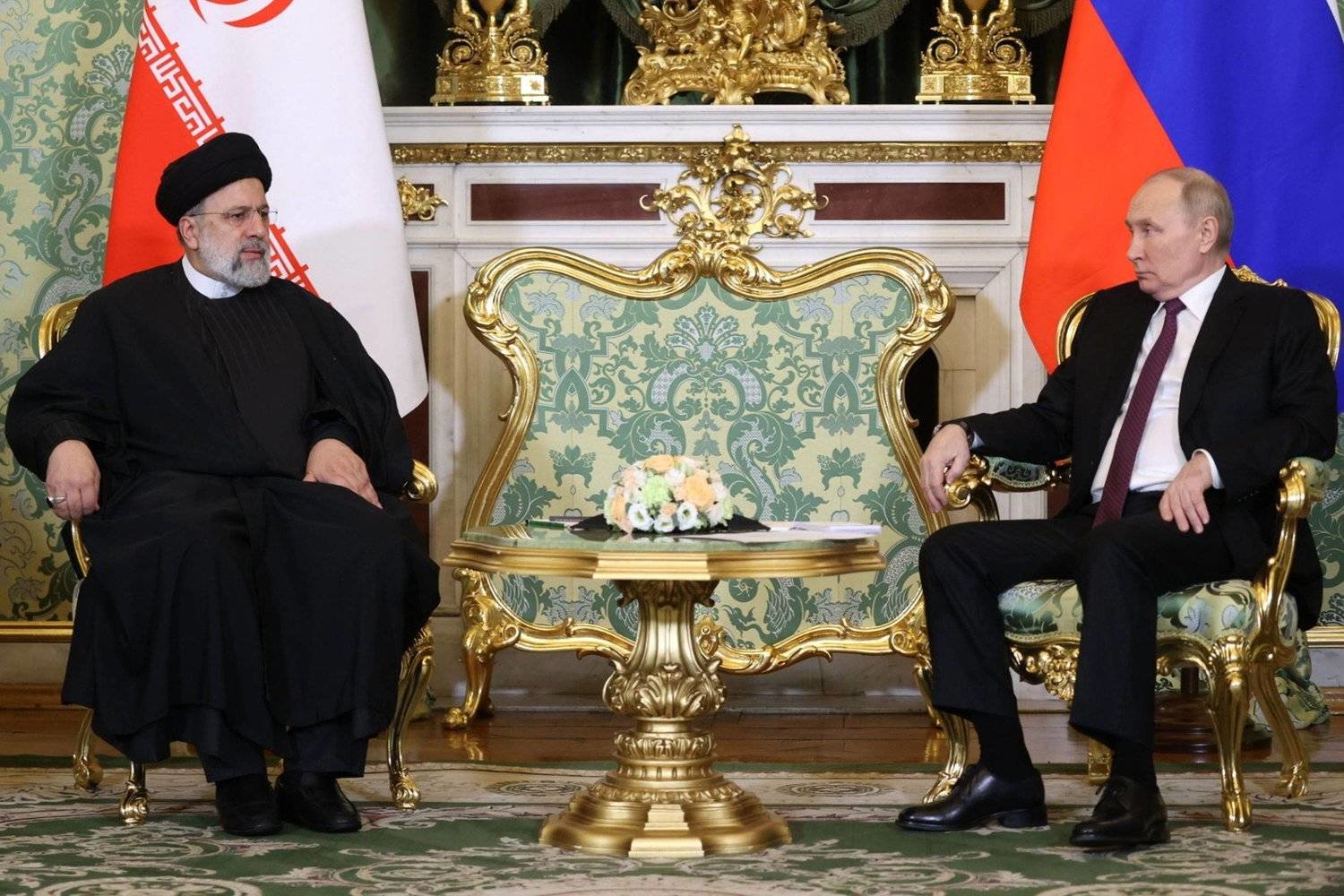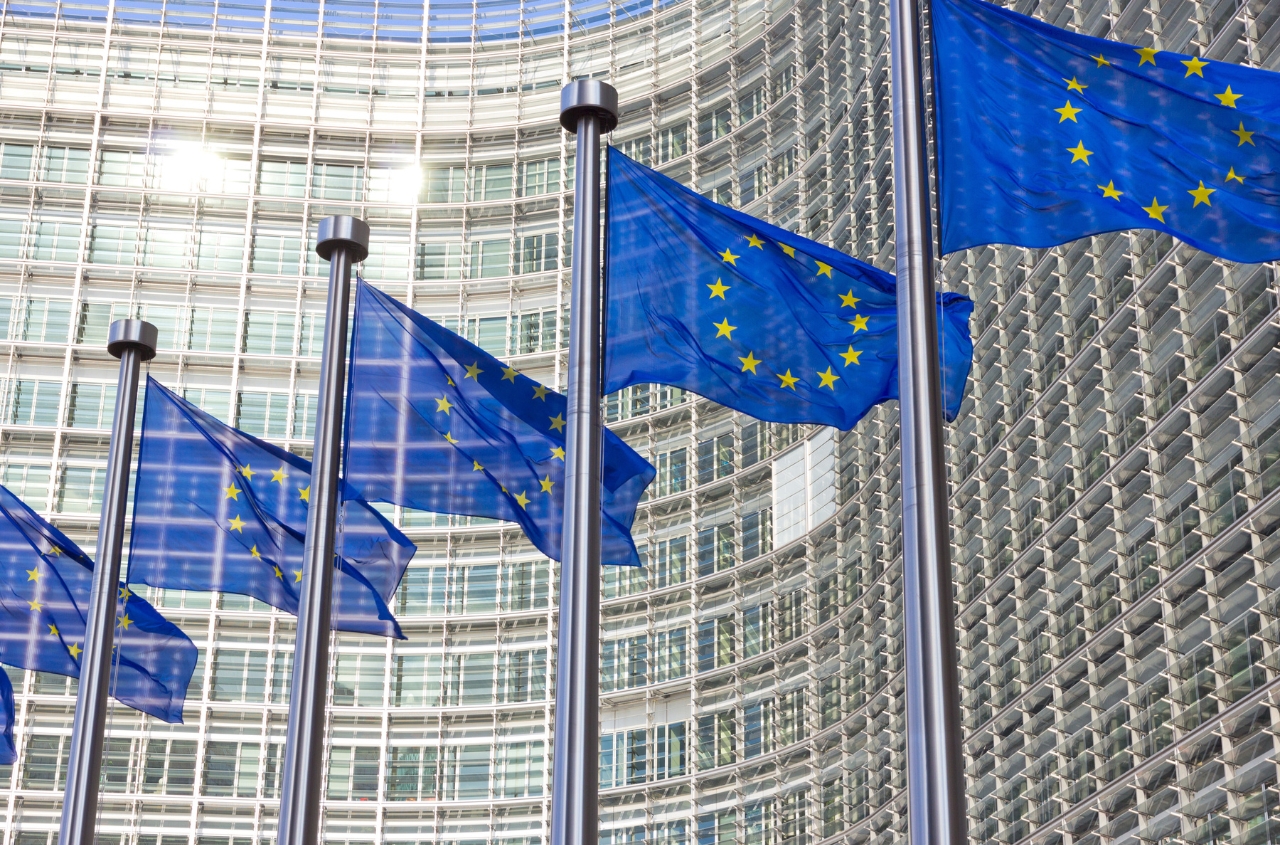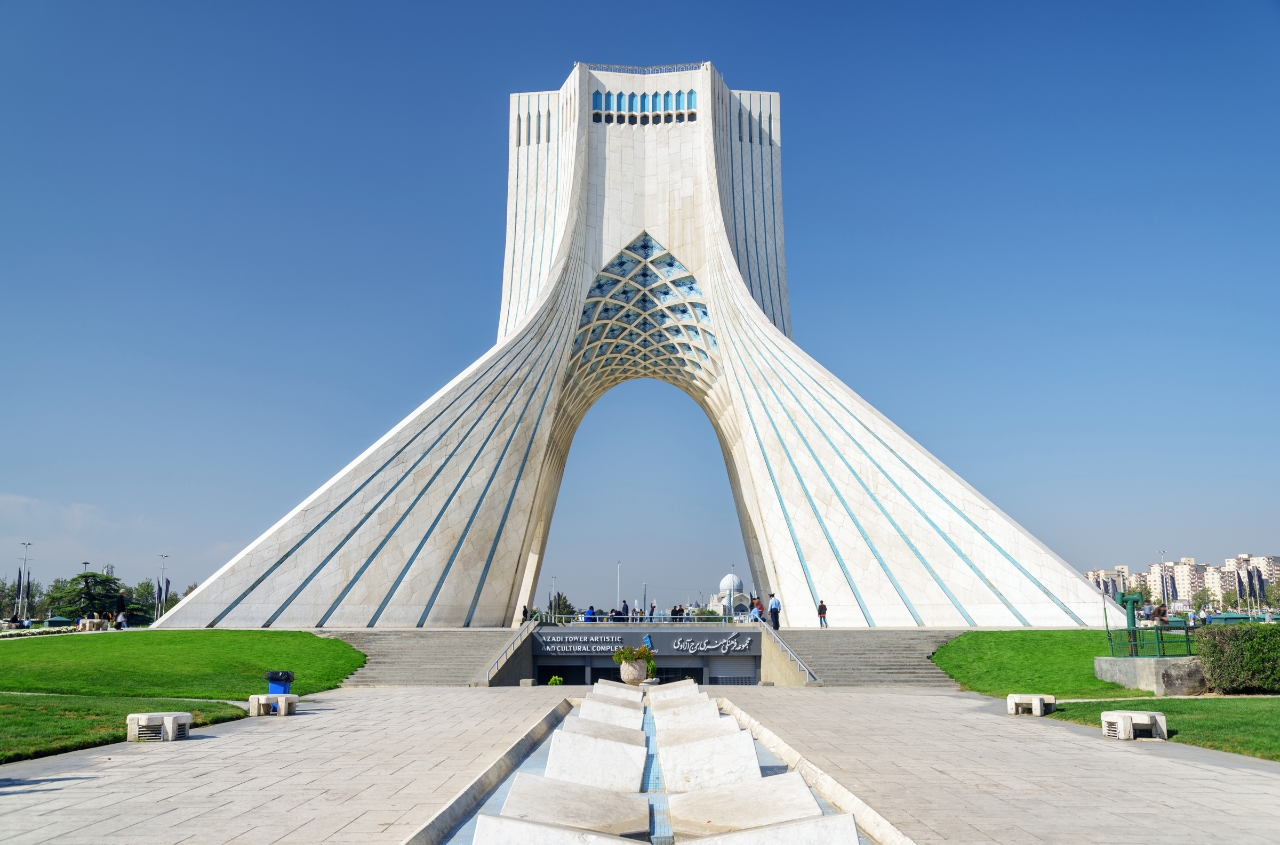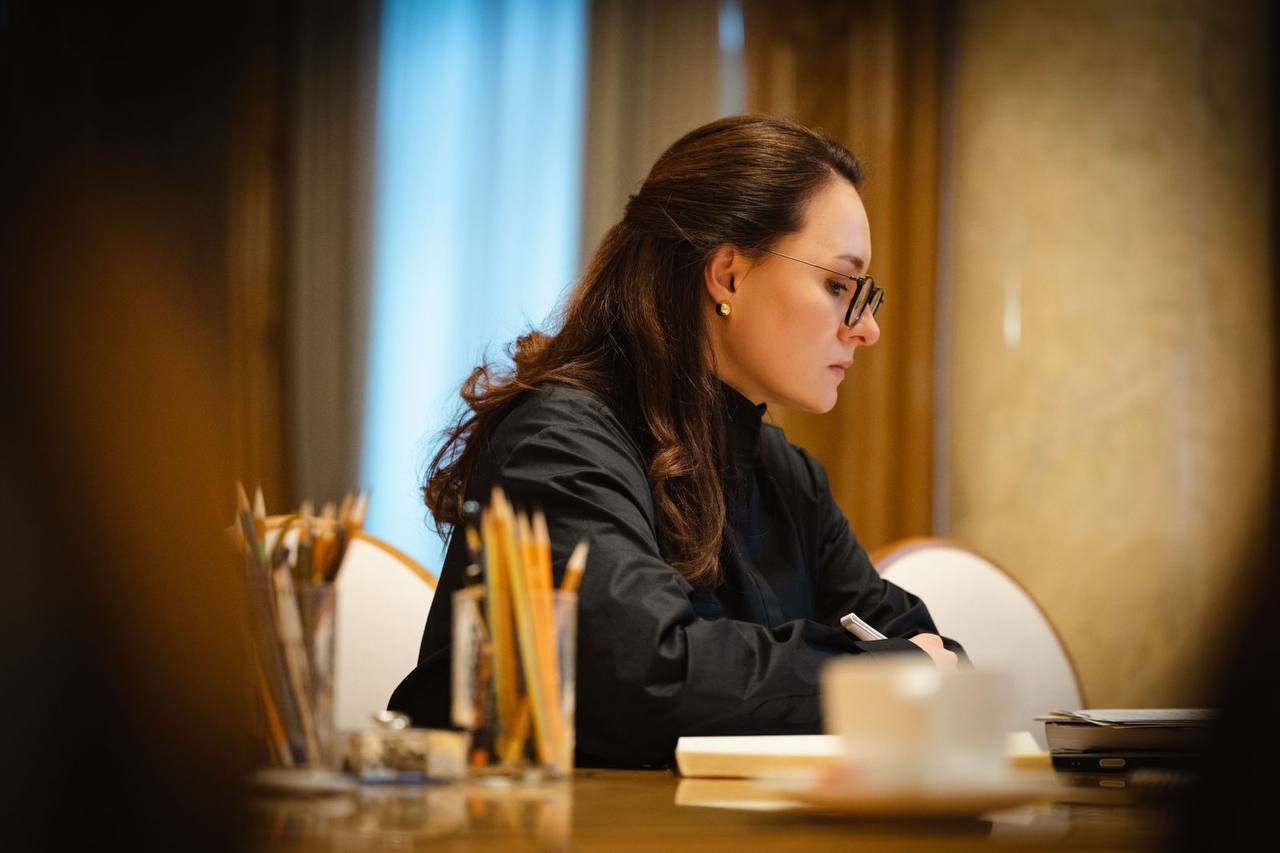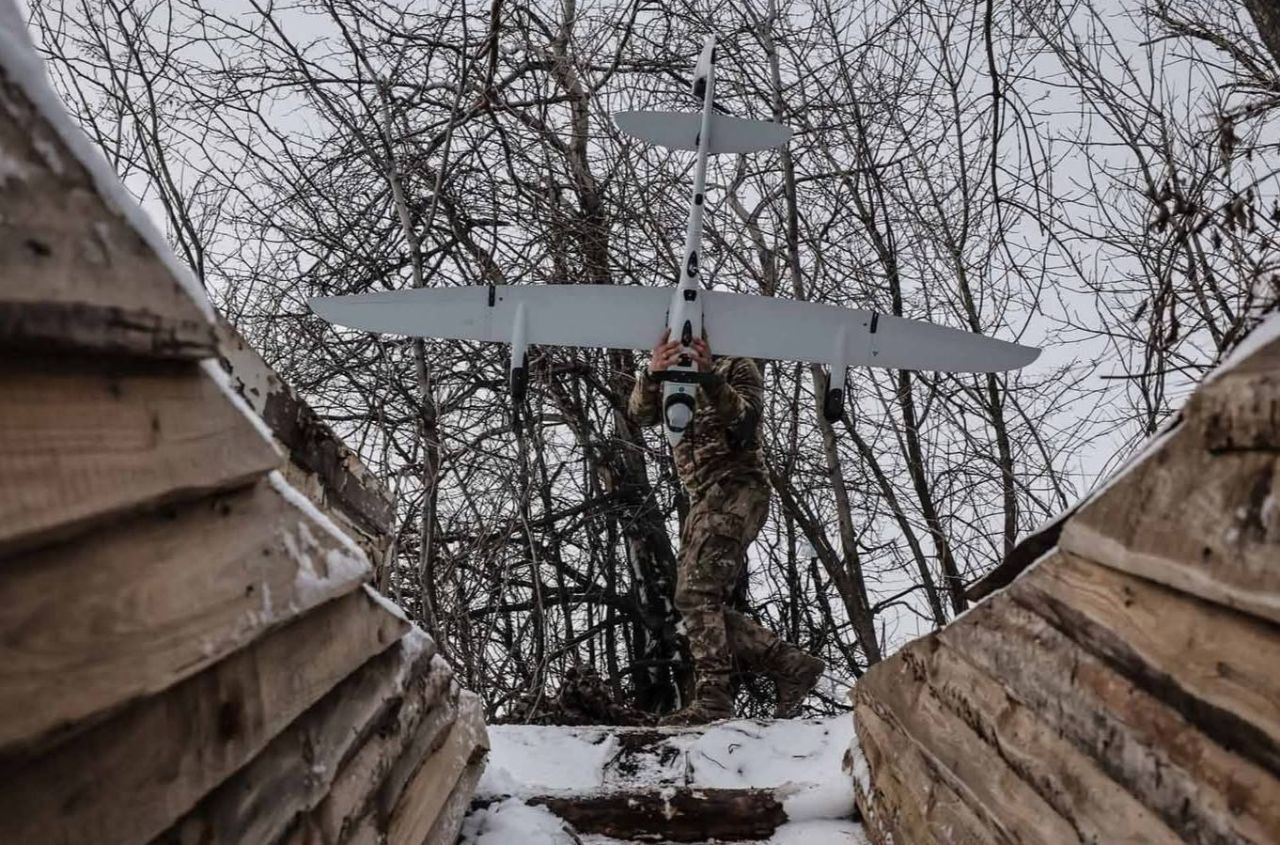By Iliya Kusa
"Iran has officially confirmed the death of the president.
The wreckage of the helicopter was finally found in the early morning when the fog had more or less cleared, and rescue teams from other countries joined the operation. No one survived, and some bodies were difficult to identify.
The position of the president will temporarily be assumed by the first vice president, Mohammed Mohber. Elections will then be held.
For Iran's political system, this is an extraordinary event, but it is unlikely to change anything fundamentally. The president in Iran is not the head of state but leads the government. They are elected in more or less competitive elections but under the careful control of Iran's Supreme Leader, Ayatollah Ali Khamenei.
Ebrahim Raisi was an ally of the conservative establishment and was not popular, rather the opposite. He was being touted as a possible successor to Ayatollah Khamenei (who is already 85 years old), but recently, due to his low ratings and toxicity, doubts had arisen about whether he would become the successor.
His death, on the one hand, slightly disrupts the internal balance of power and will force the elites to negotiate among themselves, which could exacerbate internal competition, which is very dynamic in Iran. On the other hand, it gives conservatives a chance, perhaps, to appoint someone more popular and moderate as president if they, of course, want to reset relations with society, which have been in crisis for almost 10 years.
For the Iranian political system, Raisi's death is a black swan case. We'll see over time what it actually leads to. But I don't expect any serious aftershocks for the system, or even mass protests by opposition-minded people following the president's death."
